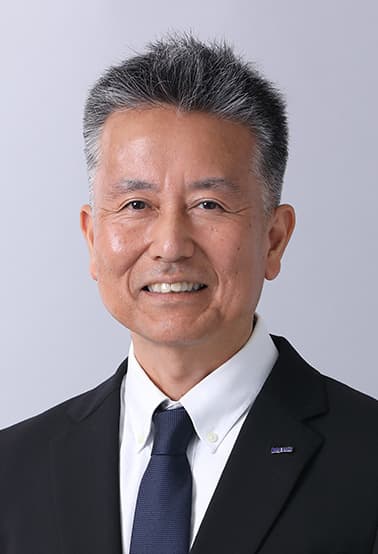Message
In modern society, the advancement of AI and globalization has led to an increase in complex problems that cannot be addressed by specialized knowledge alone.Amid the rapid evolution of these technologies and the increasing sophistication and convergence of specialized skills, there is a growing demand for immediately deployable talent who possess comprehensive abilities to tackle complex problems. This includes grasping the essence of the issue, setting appropriate objectives, acquiring knowledge across a wide range of fields, and effectively applying that knowledge to solve problems.Th
e advent of AI has ushered in an era of drastic transformation, affecting not only industrial structures but also social structures and values.What we expect from that AI is the promotion of efficiency and innovation.Meanwhile, the emergence of generative AI is advancing the democratization of AI, enabling anyone to use AI without specialized knowledge. However, the use of generative AI also raises social issues such as privacy violations and lack of fairness.However, it goes without saying that controlling AI—which can be either a blessing or a curse—is a matter for human wisdom.What matters is that we use AI as a tool without overestimating its capabilities.To enhance AI accuracy, users of generative AI must not only master prompt engineering techniques that account for its characteristics, but also clarify the fundamental aspects of what to ask and what they want to achieve. This requires domain expertise and IT knowledge to articulate their desired outcomes concretely.Furthermore, generative AI carries risks such as generating erroneous information known as hallucinations and producing content that may infringe on copyrights. Therefore, it is essential to verify the sources of AI-generated content, accurately assess its authenticity, make informed judgments, and possess the expertise to take appropriate action when necessary.Th
e rapid evolution of AI technology may leave you bewildered, and you might feel uneasy about the uncertain future of society.However, you must first take action.Keep going without fear of failure.With single-minded devotion.You can always look back and reevaluate each failure as it happens.We will fully support you in acquiring a broad range of knowledge in AI, data science, and other fields at our university, enabling you to become professionals who can apply this knowledge to solve real-world problems and thrive in society. We do this through hands-on classes that incorporate practical experience from the corporate world.I have high hopes for your courage and initiative in tackling the complex issues facing our society, without fear of failure.
